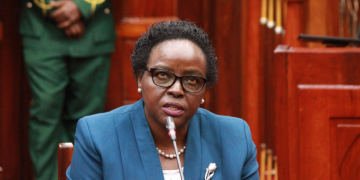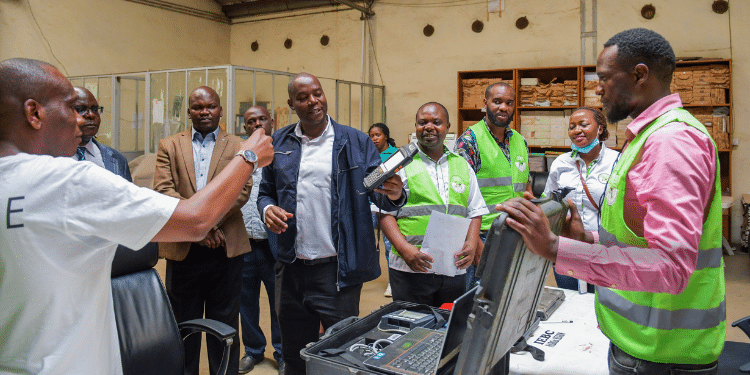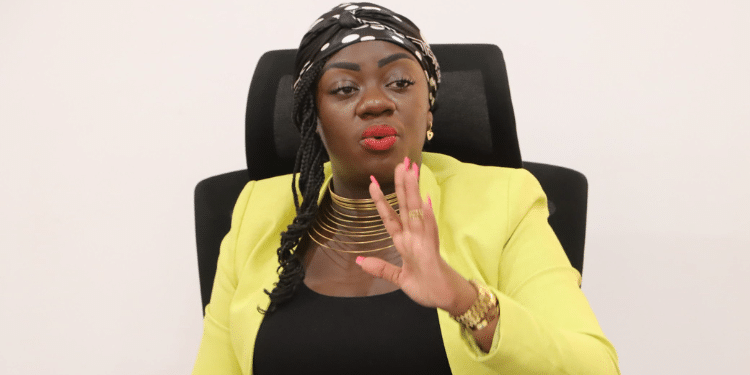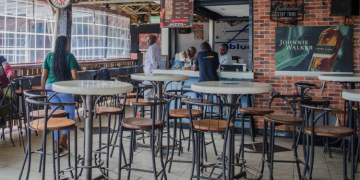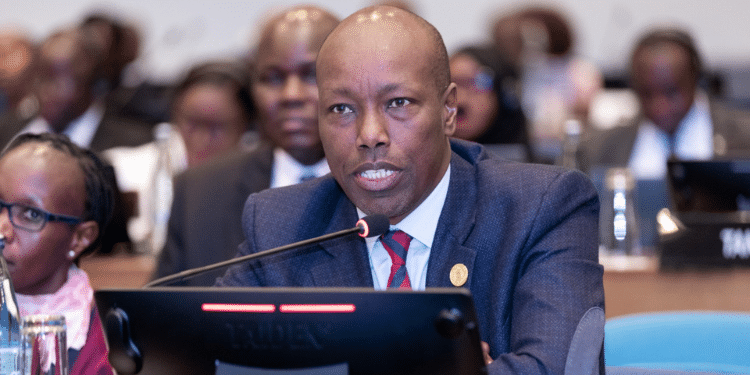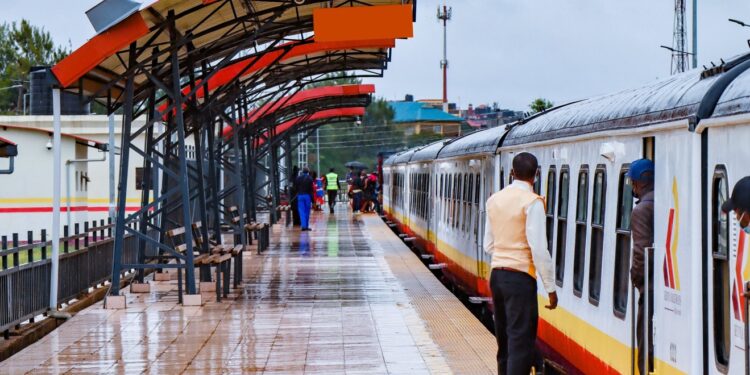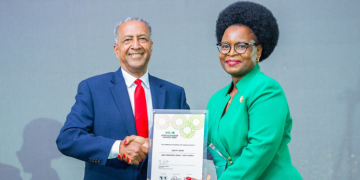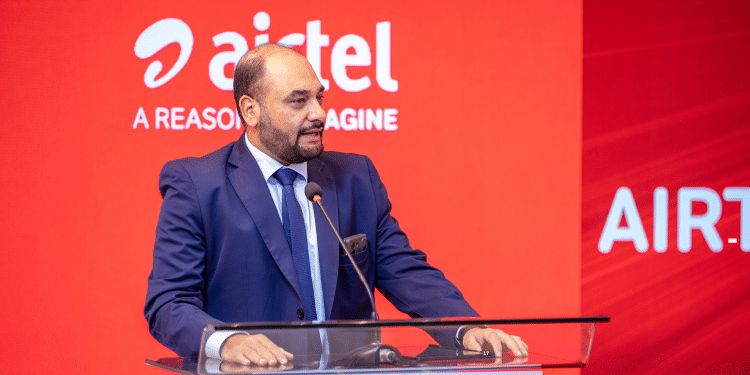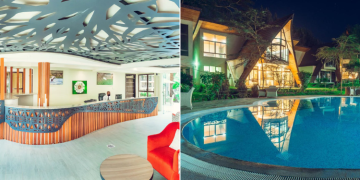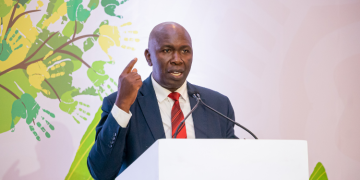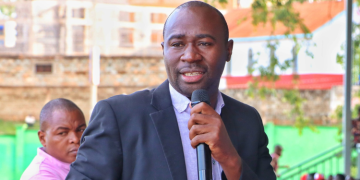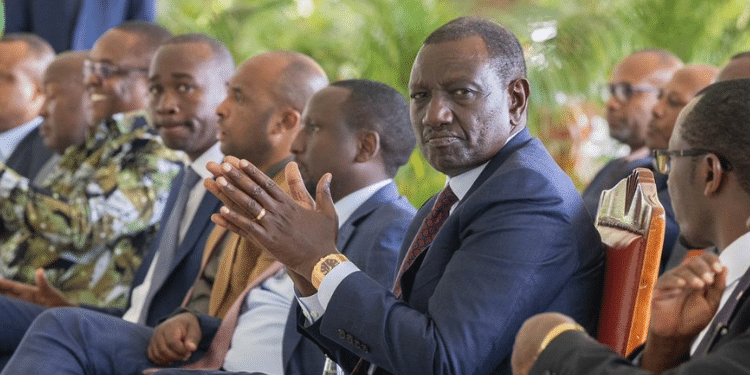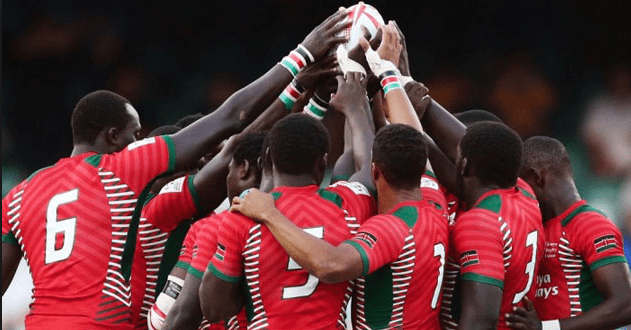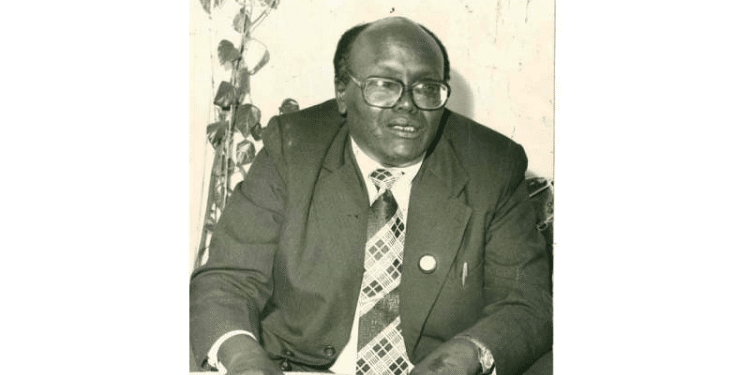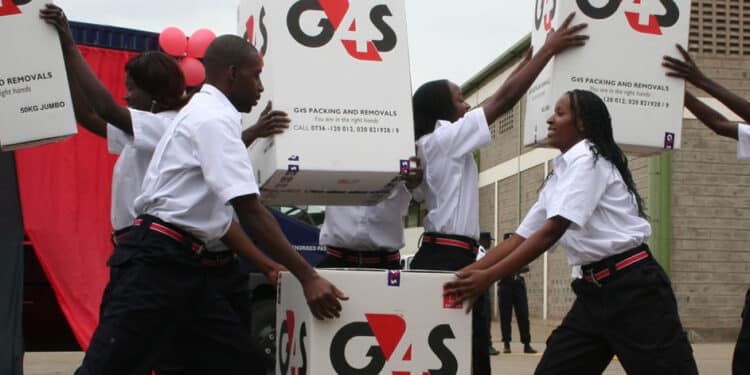On October 9, 1975, there was a heated debate in Parliament according to revelation by a book titled Just for Today: The Life and Times of Jean-Marie Seroney, written by Godfrey Sang and published in London.
This debate was ignited when Martin Shikuku, the then Member of Parliament for Butere, said that KANU (Kenya African National Union) was dead.
In response, the then Deputy Speaker, Jean-Marie Seroney, who was also the MP for Tinderet, remarked, “There is no need to substantiate the obvious.”
Their comments were prompted by a motion presented that day regarding nominated MP Philip Njoka’s remarks regarding a Parliamentary Select Committee, which Deputy Speaker Seroney was a member of, investigating the death of Nyandarua North MP JM Kariuki, who referred to them as “a bunch of rogues.”
At the time, Jean-Marie Seroney was regarded as the de facto Kalenjin Kingpin. He was widely popular in the region because he opposed the Late Mzee Jomo Kenyatta’s plan to settle squatters from his homeland in the vast and fertile Rift Valley region.
On the other hand, Moi was a darling to Mzee Jomo Kenyatta, as he supported the resettlement of squatters in the Rift Valley. The comments made about KANU were seen at the time as an opportunity by the Kenyatta administration to silence the vocal Seroney.
Jean-Marie Seroney Arrested After Defending Shikuku
Shikuku expressed disappointment in the remarks made by Seroney, stating that anyone attempting to lower the dignity of Parliament was trying to kill it, just as KANU had been killed.
KANU loyalists reacted angrily to Shikuku’s claims and requested a point of order from Seroney to compel Shikuku to substantiate his statements.
Seroney, however, supported Shikuku, asserting, “According to Parliamentary procedures, there is no need to substantiate what is obvious.”
After Seroney backed Shikuku’s assertion that “KANU is dead,” political leaders allied with Kenyatta, led by then Deputy President Daniel Arap Moi, staged a walkout as Speaker Mati delegated his role to Seroney during the next parliamentary session. This event forced the prominent Rift Valley politician to adjourn Parliament due to a lack of quorum.
Also Read: KANU Raises Alarm Over Frustrations After KICC Landmark Ruling
On October 15, 1975, Seroney was arrested by two police officers within the precincts of Parliament after a debate that began from the morning until 6:30 p.m.
Martin Shikuku was also detained around the same time. Both were held without trial, with Seroney spending one and a half years in Manyani Maximum Security Prison before being transferred to Kamiti Maximum Security Prison. During their detention, they endured harsh conditions and treatment.
Seroney was released from prison on December 12, 1978, as part of a larger group of political detainees freed by President Moi shortly after he assumed office following the death of President Jomo Kenyatta. However, Seroney’s health began to deteriorate after his release.
On Friday, December 6, 1982, Seroney passed away at MP Shah Hospital. According to Godfrey Sang’s book, Seroney was expected to be discharged from the hospital after his admission.
Jean-Marie Dies
A senior politician reportedly wanted to visit him, but Seroney declined, because he was soon to be discharged.
Before his discharge, the book mentions that someone administered an injection to him at around 11 p.m. that night, to which he questioned the necessity, given his imminent release.
Also Read: KANU Ropes Ruto, Justin Muturi in KICC Land Tussle
Despite his protest, Seroney received the injection, after which his health began to decline. He died days later, with the book alleging that his cause of death was attributed to hepatitis, jaundice, and anemia.
Years later, in 2013, after Seroney’s death, his family sued former President Daniel Arap Moi for the mistreatment they allegedly endured during KANU’s tenure.
Former Tinderet MP’s Family Awarded Compensation
Seroney’s wife, residing in the U.S., and her five children claimed that the former president, both personally and as Head of State, was responsible for the torture that ultimately led to his death.
On April 7, 2020, the High Court awarded the family Sh17 million as compensation for his unlawful detention and torture in 1975.
Justice Weldon Korir stated that Seroney’s rights had been violated, warranting compensation.
“The deceased’s various rights were violated by the State. The deceased was incarcerated for more than three years. Appropriate compensation is called for in the circumstances. In my view, a global award of Sh17 million is sufficient recompense for the violation of the stated rights,” Korir noted.
Follow our WhatsApp Channel and X Account for real-time news updates.





